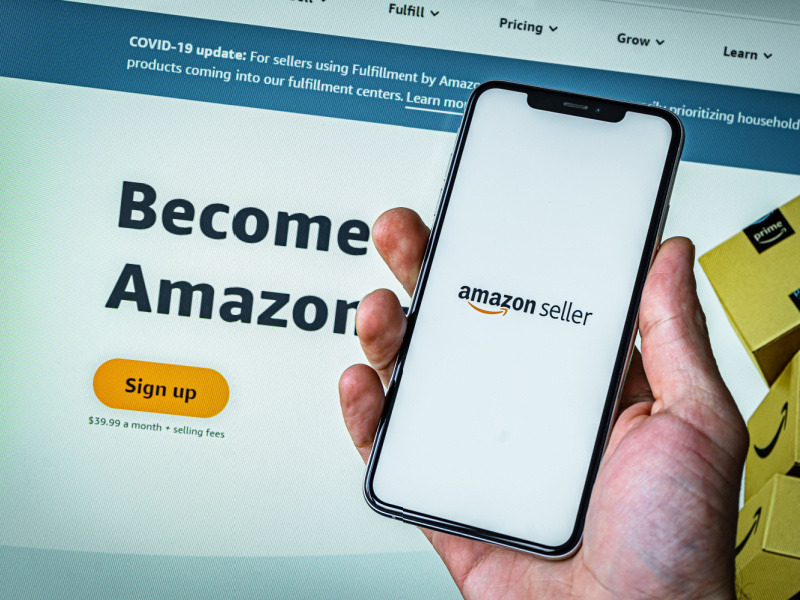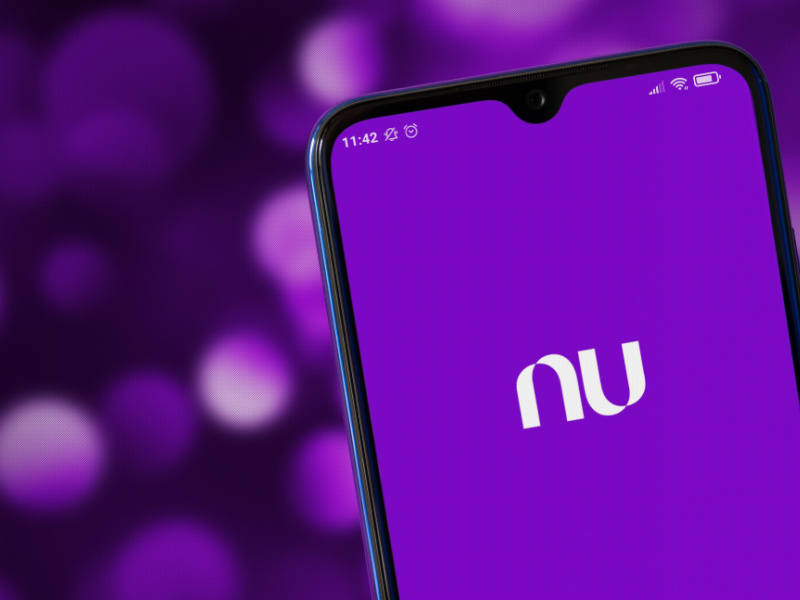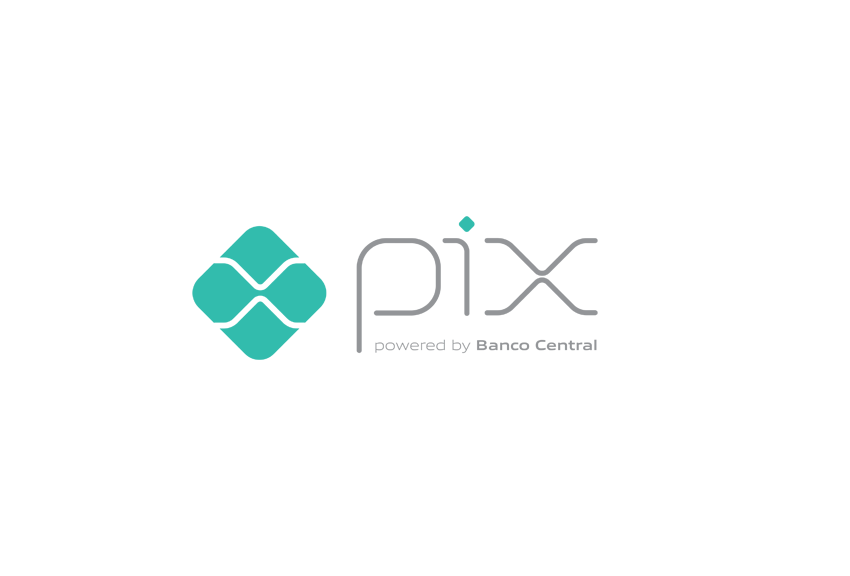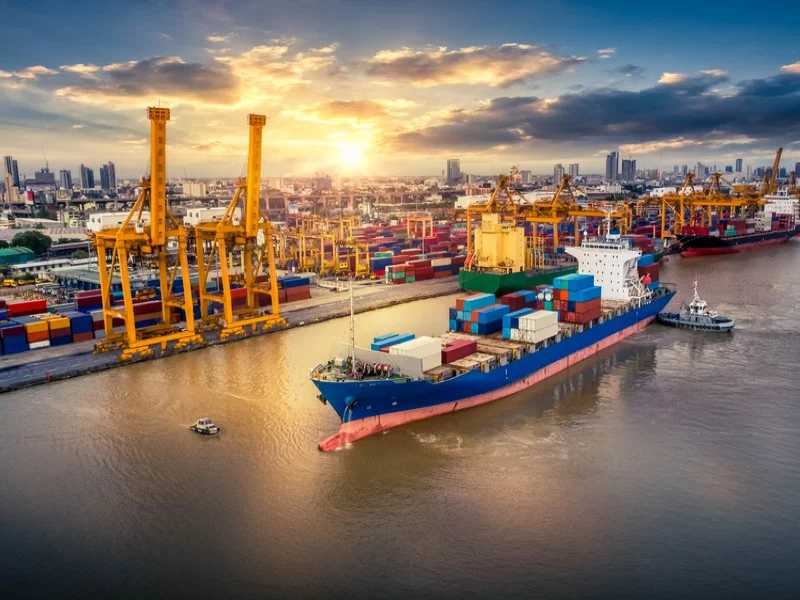Payment Journey through APIs
08/08/2019Learn more about the importance of APIs to international business strategies
and cross-border payment processing.

When Brazilian e-shoppers buy products from international websites, they are not aware of all the “gears” behind the process, which to them is a relatively simple process carried out in a single environment. However, the reality is that there is a complex flow synergically orchestrating various groups of systems in different geographic locations. This mechanism ensures that purchase, payment and financial flows move smoothly across borders.
When going through the checkout of an online store in China, for example, Brazilians can have their payments processed in local currency using various payments methods, such as boleto and credit and debit cards. Costs and exchange rates are calculated in milliseconds, as well as delivery estimates based on their location, all in real time, securely and conveniently, on a single platform. Customers also are not aware that, through these platforms, their money is converted into another currency and sent to the merchant on the other side of the world.
Platforms using Application Programming Interface (APIs) are responsible for facilitating these interactions using automated processes that tear down geographical barriers by instantly integrating different systems. They are transforming many industries, and the payment market is no different. The result is that consumers enjoy a dynamic and flexible online shopping experience that requires fewer clicks and causes less headache.
For e-commerce purchases and international software services, the use of APIs is essential, since the exchange of information becomes faster and traceable. At the supply point, they facilitate the lives of providers of goods and services, such as SaaS (software as a service), which can make sales without the need to open a company in Brazil and incur the costs and bureaucracy of a local operation.
At the demand point, customers enjoy major benefits when APIs are used, since they can be adapted to users’ needs, making the experience more user-friendly with fewer clicks and greater convenience throughout the purchase, payment and delivery process. With APIs, payment chain players can design various solutions and adapt them to the specificities of each market and target public, such as payment methods, and combine various service categories in the selection and purchase process.
API management functions also make it possible to learn more about consumers and their habits, devices and demographic data through analytical components. As such, they have proven very important in understanding and estimating demand, providing business insights and databased decision-making.
In addition to these advantages, a single platform can integrate security APIs to protect the entire system and its data from internal and external vulnerabilities threats by detecting abnormalities and ensuring rapid responses against risks. It also controls the levels of access to the systems using combinations of user authentications. In payment processes, this application is highly important, since it protects the privacy of customers as well the financial transactions.
Many international players use gateway services and local payment processors (PSP) to expand their business in Brazil, which, using technological solutions via APIs, process payments locally and control the entire financial flow until receipt.
In this process, the international player also has access to a sales backlog and to the entire financial flow with inflows based on the settlement time of each payment method. They also can conduct operational analyses of all payments based on their currency of origin. This means that they can automatically schedule the transfer of funds to any bank in the world, while accompanying the status in real time.
Conclusion
The expansion of international business to other countries using these technological solutions that connect supply with demand anywhere in the world has become exponentially easier, since you no longer have to install physical units to sell in various countries, while facilitating the various payment and tax processes that could pose onerous bureaucracy for foreign entrants.
APIs are gears that facilitate the integration of processes between sellers and payment processors, but the main beneficiary of the chain is the e-shopper, who gains access to a broad range of online stores that offer a simplified experience adapted to their shopping and security behaviors.
















